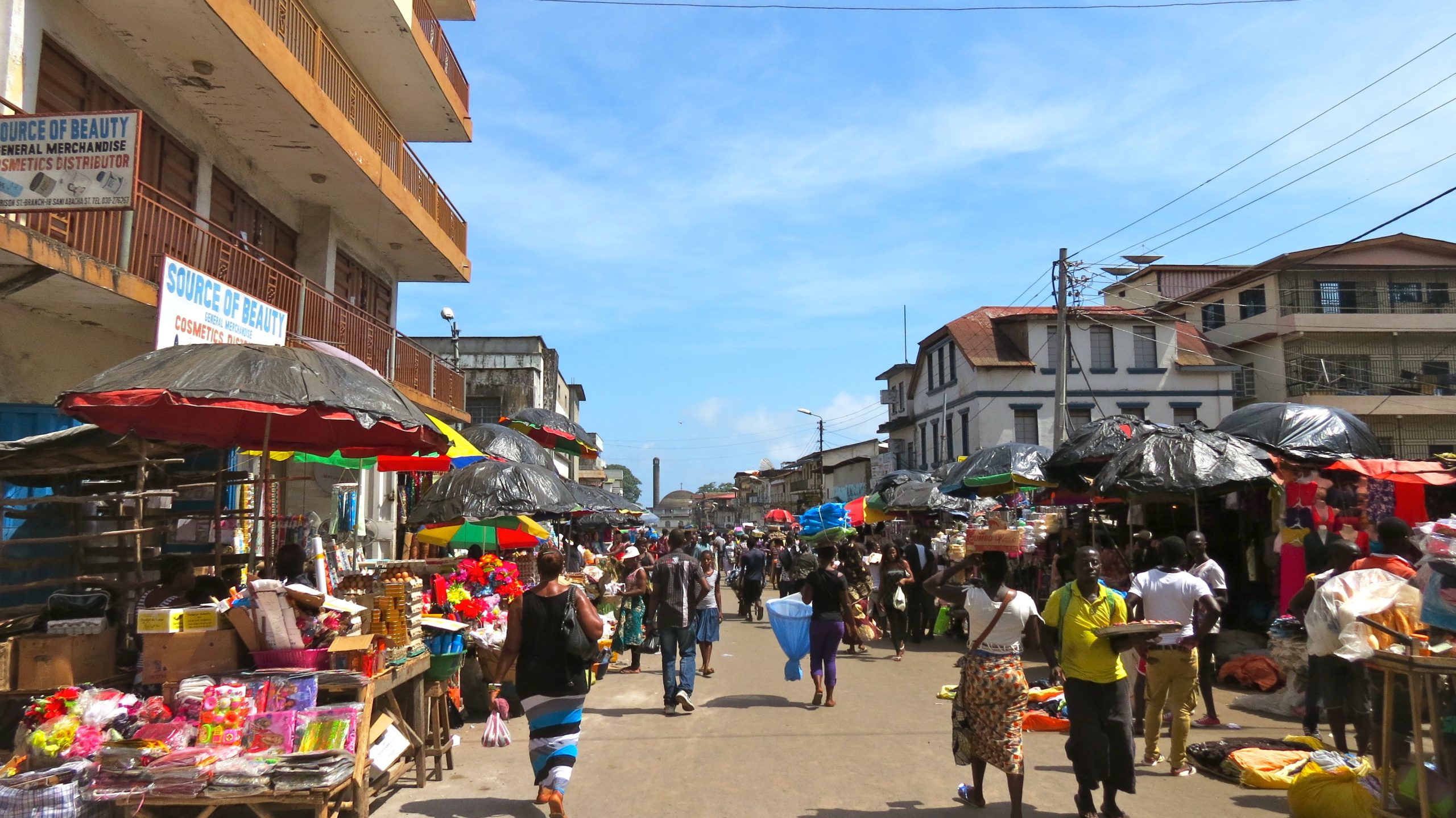In 2021, the LoGRI team was instrumental in implementing property tax and business license reforms in Freetown, the capital of Sierra Leone. As a result, there was a threefold surge in revenue collection, establishing a system that is notably more comprehensive and equitable. In Fiscal Year 2023, the total revenue collected increased compared to the same period in Fiscal Year 2022.
The LoGRI team is still involved in this project, focusing on sustainability and building capacity within the Freetown City Council to maintain the system. The team is systematically ensuring council staff are able to maintain the tax database using the existing software and to lead in the printing and delivery of property tax bills and business licenses. We are also collaborating with the Sierra Leonean central government to facilitate knowledge transfer from the Freetown system.
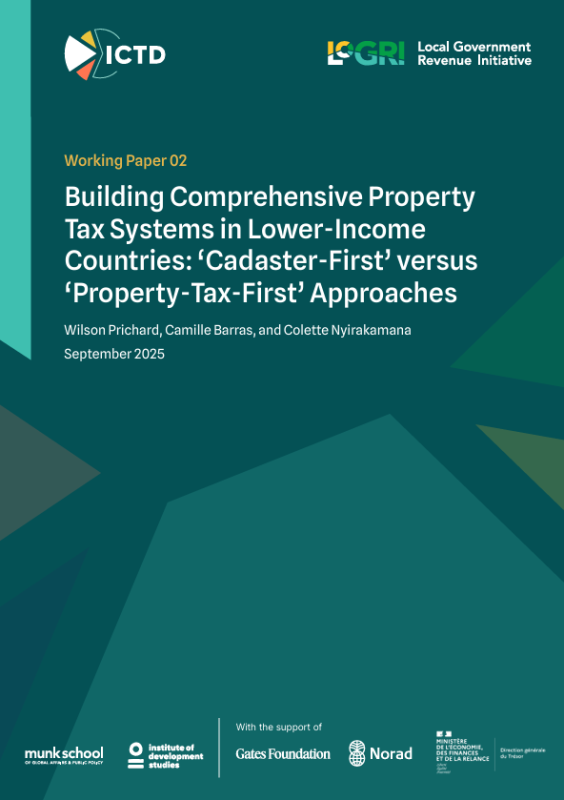
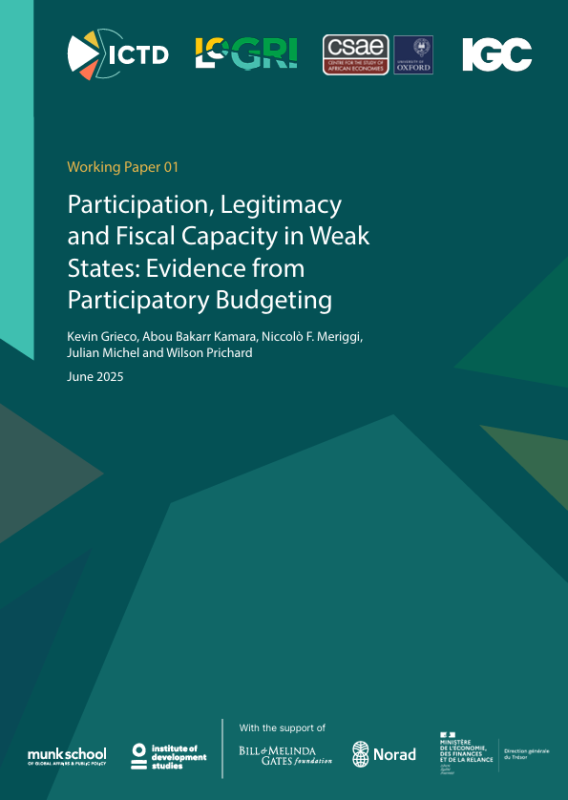
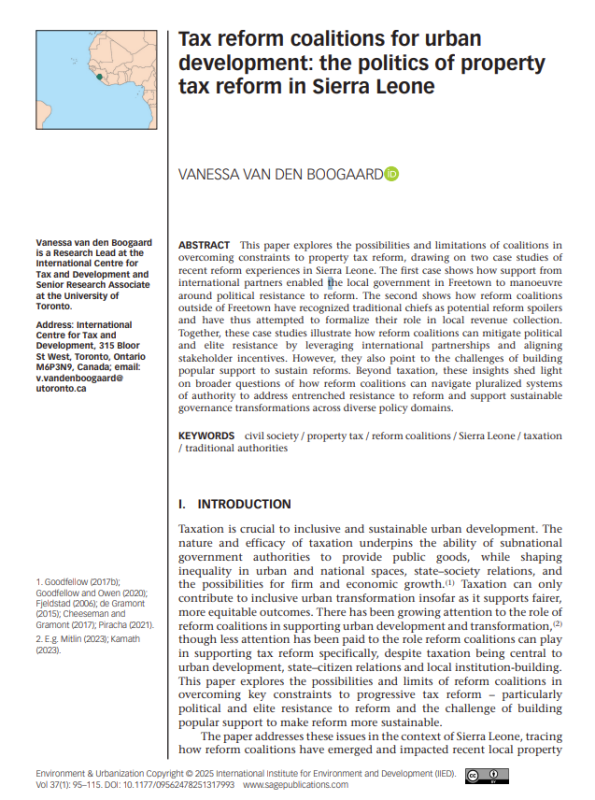
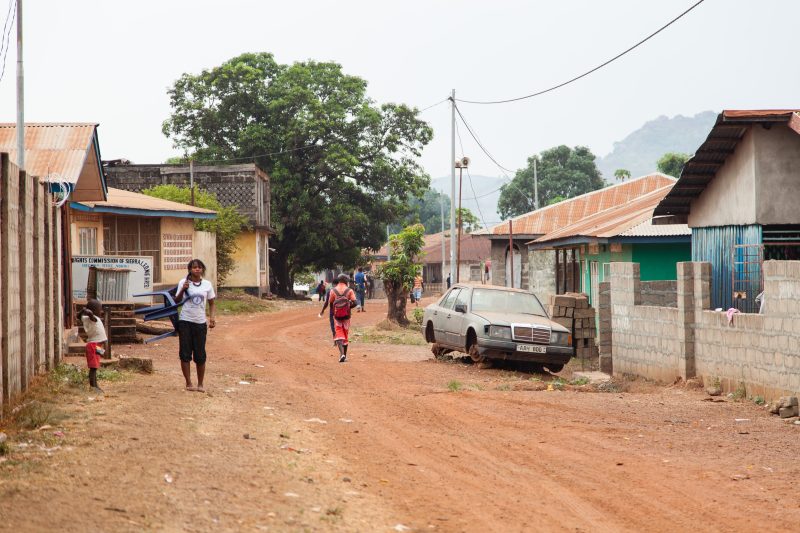
Status: On-going
Makeni City Project
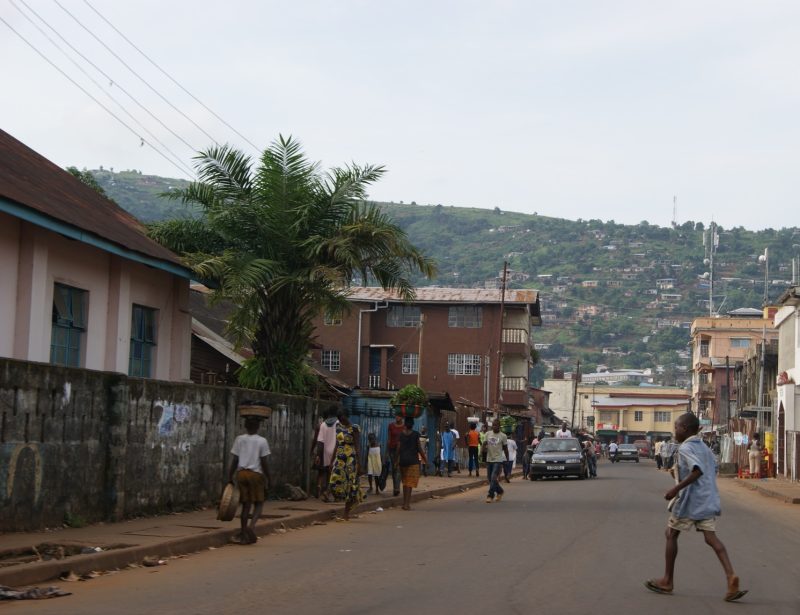
Status: On-going
Kenema City Project
Photo credit to Wikimedia Commons/Erik Cleves Kristensen

